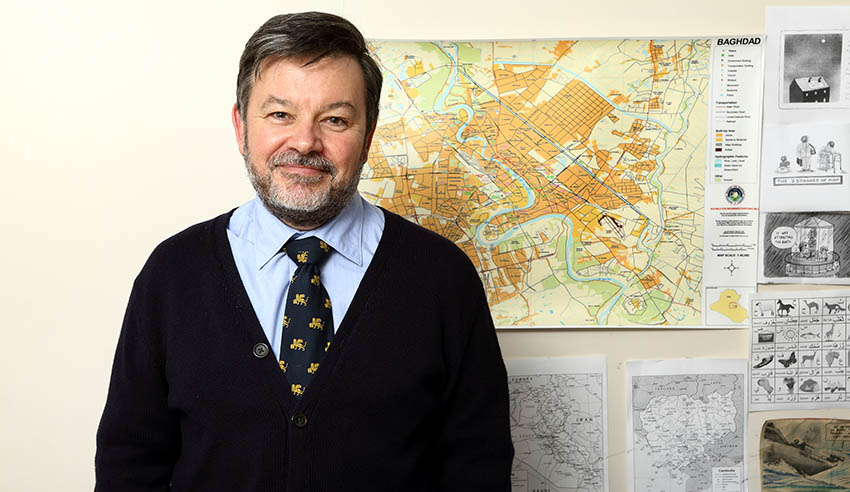The lack of positive change to human rights and immigration law policy in Australia has created heightened stress for those the laws impact, with one lawyer noting he has only seen one favourable change for asylum seekers and refugees in his many years of practice.

Kerry Murphy, an immigration law partner with Sydney’s D’Ambra Murphy Lawyers, said it has “continually become much tougher for applicants and those working for them” in the Australian human rights law and immigration law landscape.
“The other 50 or so changes I can recall are either negative, or neutral”, he said, highlighting the example of abolishment of temporary protection visas in 2008 as merely returning the process to what it was in 1998.
Calling the reintroduction of temporary protection visas by the Coalition government in 2013 “one of the most punitive legislative measures in this area”, Mr Murphy explained that the first time the TPV was introduced in 1998, it was possible for people to eventually move to a permanent visa, despite the original process containing its own difficulties.
“Now it is extremely unlikely that many refugees on TPVs will ever get permanent residence, which means they will not be able to sponsor their spouse and children,” he expressed.
“The policy has the effect of splitting families, and causing severe stress for the refugees here and their families overseas,” Mr Murphy continued.
Calling the consequence of such a policy “deliberate”, the lawyer highlighted that adverse psychological consequences of the TPV was documented “as long ago as 2003 or so, yet it remains the law and deliberately so”.
“It is a cruel and abusive policy which punishes people that the government determines are refugees,” he iterated.
Mr Murphy then flagged the government’s “obsession with boat arrivals” as leading to extreme measures that are making “the chance of poor decisions not being corrected more likely”.
Noting “the other obsession” being with character refusals and cancellations, the lawyer called these more restrictive than necessary.
“If the current character test applied in 1788 – none of the convicts would have been allowed to stay,” he highlighted.
Because of the large number of refusals and cancellations, “clients become extremely agitated and anxious, and practitioners have to deal with greater levels of stress in clients”.
Noting that people can be left without permission to work, or suffer long-term family separation “just to increase pressure on them or to punish them (for arriving by boat for example)”, Mr Murphy said there seems to be greater anxiety, mental health issues and desperation by clients, which can be passed to their advocates.
Lawyers Weekly previously reported on Mr Murphy’s calls for “less puritanism and more flexibility” in the government’s response to human rights and immigration law.